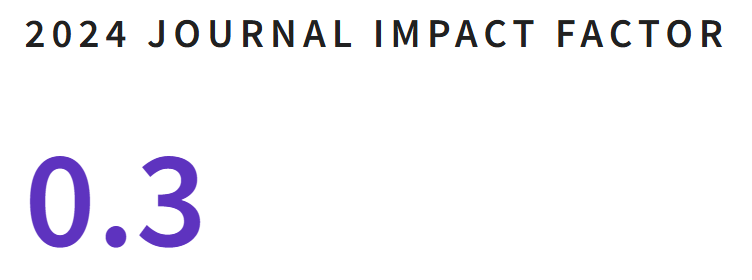Adaptation and Validation of an Emotional Intelligence Instrument for Personnel Selection in the Chilean Public Health System
DOI:
https://doi.org/10.35588/v1t21450Keywords:
instrument, emotional intelligence, adaptation and validationAbstract
This article describes the stages to adapt, validate and perform a factor analysis on the Emotional Intelligence scale (López-Zafra, Pulido y Berrios, 2014), whose purpose is to provide a valid and reliable instrument for the selection of people in the health area. The sample was N=142 people. The results show adequate values for these tests KMO=0.62; Sig < 0.05; GFI= 0.956; RMSR= 0.076; Kelley´s criterion= 0.0842; McDonal´s Omega= 0.767 and Standarized Cronbach´s alpha= 0.757.
Finally, the Emotional Intelligence scale is made up of a total of 17 items explained by two factors, the first factor refers to the management of everyday situations and the second factor to the intrapersonal situation. The analyzes were carried out in the statistical programs FACTOR and JAMOVI.
Downloads
References
Aragón, J. (2019). Inteligencia emocional y su relación en el desempeño laboral. Revista Naturaleza, Sociedad y Am¬biente, 6(1), 55-68. https://doi.org/10.37533/cunsurori.v6i1.41
Bar-On, R. (2000). Emotional and social intelligence: Insights from the Emotional Quotient Inventory. En R. Bar-On y J. D. A. Parker (Eds.), The Handbook of Emotional Intelligence (pp. 363-388). San Francisco: Jossey-Bass.
Bar-On, R. (2002). Bar-On Emotional Quotient Short Form (EQ-I: Short): Technical manual. Toronto: Multi-Health Systems.
Bar-On, R. (2006). The Bar-On model of Emotional-Social Intelligence (ESI). Psicothema, 18, 13-25. https://www.psicothema.com/pdf/3271.pdf
Boyatzis, R. E., Goleman, D., y Rhee, K. (2000). Clustering competence in emotional intelligence: Insights from the Emotional Competence Inventory (ECI). En R. Bar- On y J. D. A. Parker (Eds.), Handbook of emotional intelligence (pp. 343-362). San Francisco: Jossey-Bass.
Goleman, D. (1995). Emotional Intelligence. New York: Bantam.
Goleman, D. (1998). Working with Emotional Intelligence. New York: Bantam Books.
Goleman, D. (2004). La inteligencia emocional en la empresa. Argentina: Vergara.
Hernández, R., Fernández- Collado, C. y Baptista, P. (2006). Metodología de la investigación. 4ta.ed. México: McGraw Hill.
López-Zafra, E., Pulido, M. y Berrios, P. (2014). EQI-versión corta (EQI-C). Adaptación y validación al español del EQ-i en universitarios. Boletín de Psicología, (110), 21-36. https://dialnet.unirioja.es/servlet/articulo?codigo=4638071
Maturrano, T. (2015). Inteligencia emocional y su relación con el desempeño laboral de los docentes del nivel primario.
McClelland, D. (1989). Estudio de la Motivación Humana. Ediciones Narcea. España.
Moyano-Díaz, E., Dinamarca, D., Mendoza-Llanos, R. y Palomo-Vélez, G. (2018). Escala de Felicidad para Adultos (EFPA). Terapia psicológica, 36(1), 33-45. https://dx.doi.org/10.4067/s0718-48082017000300033
Parker, J. D. A., Keefer, K. V. y Wood, L. M. (2011). Toward a brief multidimensional assessment of emotional intelligence: Psychometric properties of the Emotional Quotient Inventory-Short Form. Psychological Assessment, 23(3), 762-777. https://doi.org/10.1037/a0023289
Petrides, K. V. y Furnham, A. (2003). Trait emotional intelligence: Behavioural validation in two studies of emotion recognition and reactivity to mood induction. European Journal of Personality, 17(1), 39-57. https://doi.org/10.1002/per.466
Ríos, T. (2015). Inteligencia Emocional y su relación con el Desempeño Laboral. Pascana.











